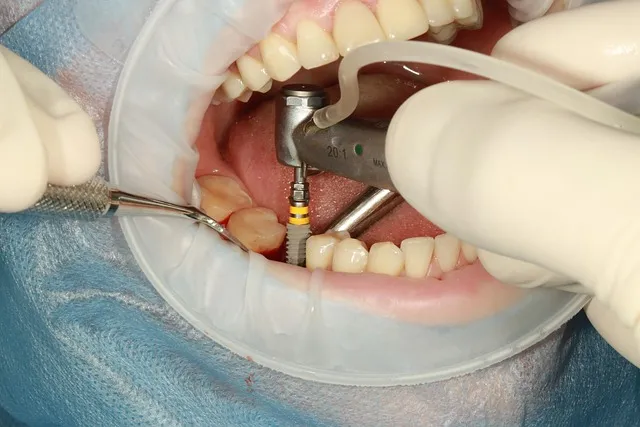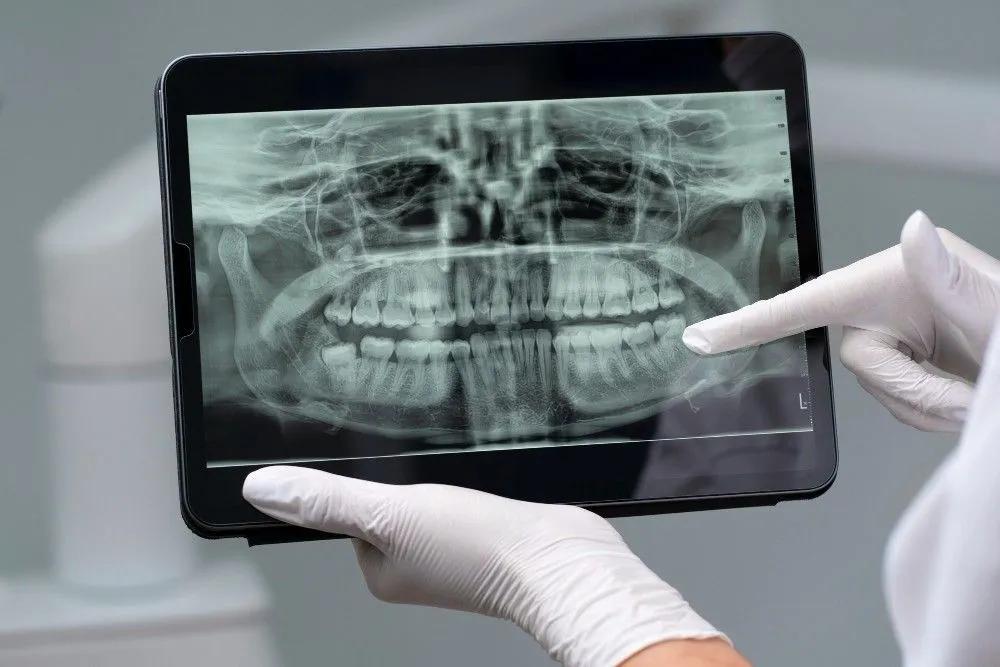What is Septoplasty?
- Septoplasty treats a deviated septum; it is a surgery which corrects your nasal septum when it gets displaced
- What do you mean by nasal septum? The nostrils of your nose are divided by a wall made of bone and cartilage. This wall is called the septum.
What is deviated nasal septum?
- The condition of a deviated septum takes place if the septum shifts more towards one side of your nose. This condition results in one nasal passage becoming smaller and the other one being larger.
Why is septoplasty done?
- The surgical procedure known as Septoplasty allows the surgeon to correct this displacement of the septum.
- A deviated septum is common in many individuals, but when this condition becomes more severe, one of your nasal passages might get blocked, thus restricting the flow of air in and out of your lungs.
- A deviated septum may also lead to bleeding or crusting in some patients.
- Thus the procedure repositions the nasal septum, which allows you to breathe normally again.
- Sometimes the procedure is performed as a cosmetic surgery along with rhinoplasty, to simply reposition a crooked nose.
What is the cost of septoplasty?
A septoplasty generally costs around Rs 40,000 to Rs 45,000.
What is the duration of septoplasty?
On the whole the procedure takes up roughly around 45 to 60 minutes.What is the type of anaesthesia used?
Septoplasty can be performed either under the influence of local anesthesia or general anesthesia. The type of anesthesia that is to be given to the patient is a decision taken by the patient in consultation with the doctor.What are the benefits of septoplasty?
- Septoplasty helps in the cure of sleep apnea. Troubled breathing during sleep is one of the most common symptoms of a deviated septum. The procedure will allow you to sleep peacefully without any breathing problems.
- After this procedure you will stop snoring
- Headache and any sort of nasal pain will also recede
- In case you have developed sinusitis, the surgery will greatly benefit this condition
Are there any alternatives of septoplasty?
You can take medicines and antibiotics to control the symptoms caused by a deviated septum, but a wholesome cure of the condition requires a surgery. Septoplasty is the only way in which you can reposition the septum. The septum cannot be put back into place through any other method.What are the risks of septoplasty?
Like any other surgical procedure, septoplasty too involves certain risks, they are-- There may be excessive bleeding during and after the surgery. It is essential that the bleeding is stopped to avoid further complications
- The surgical wound might catch an infection, which may require further treatment
- Sometimes even after the surgery, the symptoms of the condition persist; for example you may still experience nasal obstruction and problems with breathing
- Your nose may be slightly changed in shape
- The surgery may also affect your sensation of smell
- Your upper gums may experience some numbness
How should I prepare for the septoplasty?
- It is essential that you have a meeting with your surgeon and discuss all the aspects of your condition and the surgery that your will be going through
- Ask questions and clear all your doubts
- Answer all the questions that your doctor asks you with great clarity
- Discuss your medical history to avoid complications and allergic reactions
- A thorough physical examination and photographs of your nose are taken before the procedure, so that your doctor can get a fair idea about your condition
- It is recommended that you do not take any aspirin before the procedure
- If you are an avid smoker, quit smoking. This is because smoking makes the process of healing slow
What can I expect during the septoplasty?
The experience of the procedure depends on the type of anesthesia you are given.- If you are given local anesthesia, it numbs only the nose and the portion around the nose where the surgery is going to be done. Thus you are conscious but feel no pain or discomfort during the procedure
- If the surgery is performed under the influence of general anesthesia, you remain unconscious throughout the procedure
What should I expect after the septoplasty?
Certain precautions need to be taken after the surgery is over and you are discharged. They are-- Ensure that you arrange for a ride home after the surgery is done. This is because you will still be under the influence of the anesthesia given to you, thus your body may experience some instability
- Make sure that you do not indulge in any kind of strenuous tasks. Indulging in exercise or jogging may cause bleeding of the nose
- Ensure that you do not blow your nose
- Sleep with your head elevated at an angle

Reviewed by







